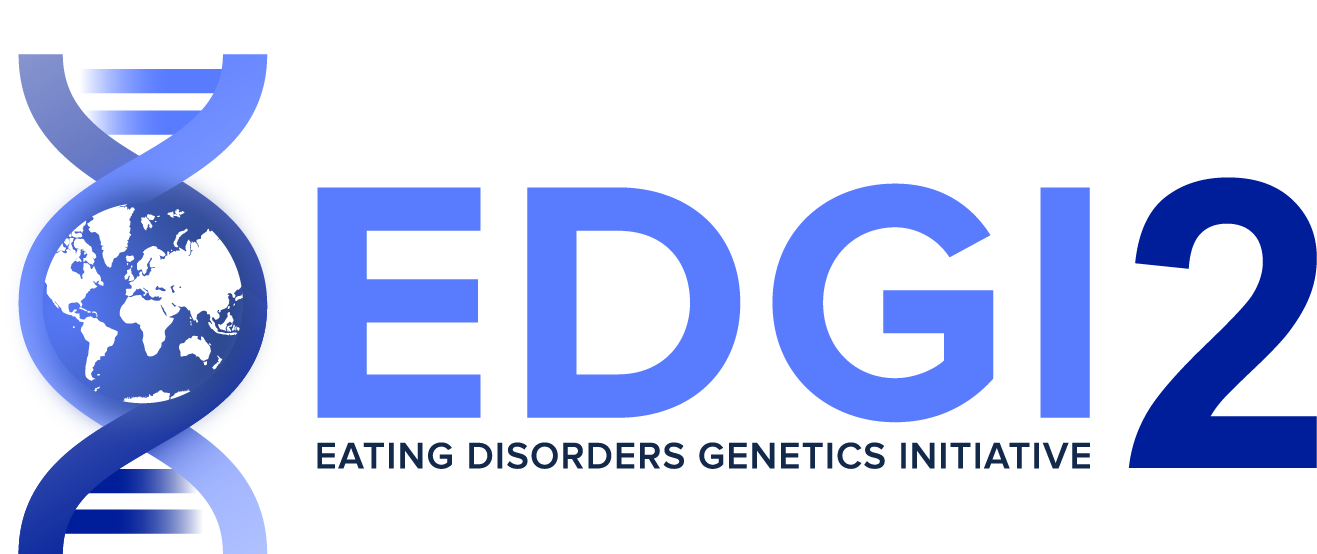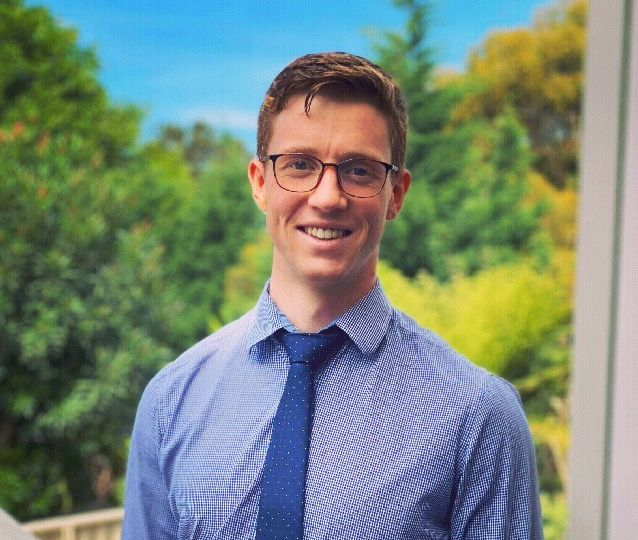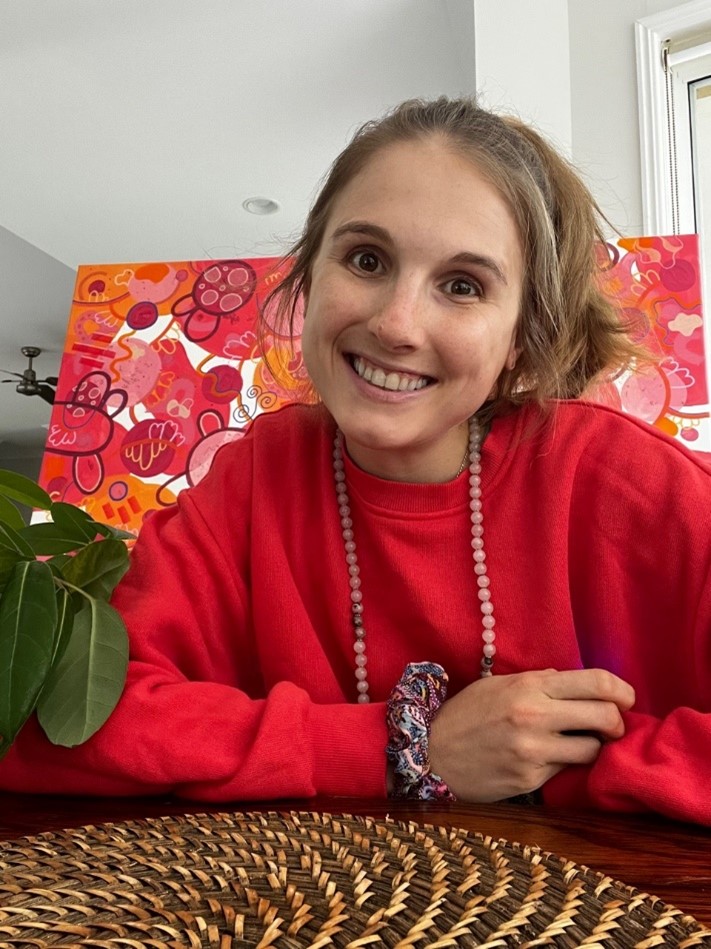Professor Nick Martin is Head of the Genetic Epidemiology Laboratory, QIMR Berghofer Medical Research Institute, Brisbane, and Lead Investigator of the EDGI 2 – the largest and most rigorous genetic investigation of eating disorders ever performed.
A scientist, and Honorary Professor in Psychology in the Faculty of Medicine, University of Queensland, Prof Martin is a leader in behaviour genetics research using longitudinal twin studies, and a pioneer in the field of multivariate genetic modelling and the analysis of gene-environment interactions.
Prof Martin’s more recent research focus has shifted into the field of genome-wide association studies (GWAS), to discover the particular genes which predispose people to developing eating disorders, depression, anxiety, alcoholism, melanoma and other common disorders.
Prof Martin is a Fellow of the Australian Academies of Science, Health and Medical Science, and Social Science and the American Association for the Advancement of Science. He previously served as President of the Behaviour Genetics Association.
He is editor of Twin Research and Human Genetics, an Advisor to the Australian & New Zealand Journal of Psychiatry, and also sits on the editorial board of the American Journal of Medical Genetics (Neuropsychiatric Genetics).
Prof Martin has published more than 1,500 papers and won international accolades. He is recognised as a world leader in genetics of psychiatric disorders and traits, and was ranked first in genetics in Australia and 9th in the world in a list of the world’s most highly cited researchers.
As Lead Investigator for the EDGI2,Prof Martin is aiming to collect DNA samples from at least 4,000 Australian adult participants who have experienced anorexia, bulimia, binge eating disorder or avoidant restrictive food intake disorder (ARFID). These will be combined with recruits from US, NZ, Mexico, Denmark and Sweden in the most powerful analysis yet conducted to find the genes behind eating disorders.
“The best way to fix a problem”, says Prof Martin, “is to find out the fundamental causes, the genes that have gone wrong. Only then can we design new treatments to cure the disorder.”
To volunteer for the EDGI2, head to edgi.org.au or email edgi2@qimrberghofer.edu.au.










